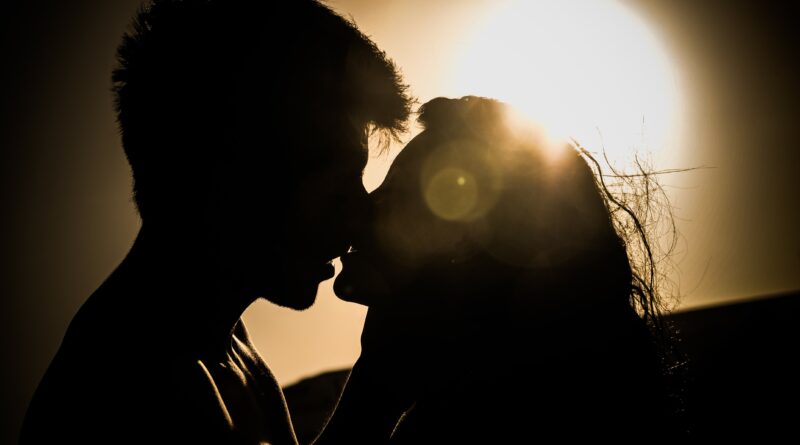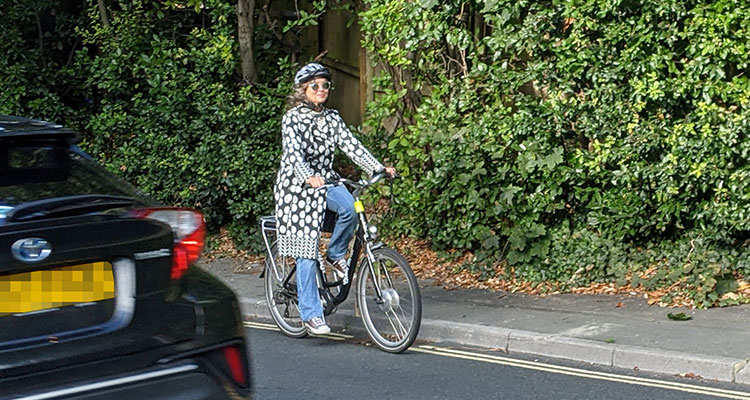Should a private kiss be public property?
- Turning the Wight’s blue rinse tide into a sea of red - 20th August, 2024
- Are you emergency ready? - 20th June, 2024
- Will YOUR face fit in the digital future? - 17th June, 2024
There have been many four-letter words used to describe Prime Minister Boris Johnson and his ministers. ‘Tory’ is the most obvious one, although I expect that you can think of several others. One short word which I was not expecting to associate with ex-Health Secretary Matt Hancock was ‘sexy’. But, having been recently exposed in the press embracing – nay kissing – a woman who was not his wife, perhaps the otherwise bland Hancock embodies the maxim that power is an aphrodisiac?
The fact of his dalliance with female colleague Gina Coladangelo is, in a way, neither here nor there on the face of it (despite him being very much on the face of her). After all, many office romances have successfully converted to the whole kit and caboodle of marriage, children and happily ever after. What is of note however, is the way their clinch was discovered.
Screenshots of the entwined couple were splashed across international media; images grabbed from a closed-circuit camera in Hancock’s Whitehall office. A very private moment captured and made public. Did he know the camera was there? Presumably not. Is this exposé in the public interest? Arguably yes, particularly when social distancing rules were very much in place at the time.
But what if the government’s – nay Hancock’s – own COVID-19 regulations were not an issue, could the lovers still expect to conduct an (Official) secret affair?
In these days of the pervasiveness of smartphones, CCTV and social media, you might think that nothing can truly be private.
Only last month, dozens of aggrieved women filed a legal challenge to the parent company of Pornhub, accusing the organisation of profiting from their non-consensual sex videos. One British woman involved in the case says explicit footage of her was hacked from cloud storage and posted on the pornography site, with onward promulgation. Her intimate and private moments were shared with the world and monetised for entertainment.
Of equal concern are candid images distributed among children; circulated on messaging apps and used to shame and sometimes blackmail the victims.
Arguably people have control over their own image but, as the examples above indicate, that is not always the case. Even a baby’s early form is broadcast on its parent’s Facebook page before it has taken its first mewling breath; the developing human represented by an unconsented smudge of black and white pixels.
Back in the day, politicians and their lovers could conduct their clandestine courtship through handwritten letters, breathless phone calls and knee-tremblers up against an unobserved filing cabinet. It didn’t make the fallout of their infidelity any less impactful, but maybe the country would be the last, rather the first, to find out.
Some would argue that what goes on behind closed doors should remain private. But, if those doors are paid for by taxpayers and you have walked through them at the behest of the electorate, then perhaps it’s understandable that what was your secret has become everyone’s business. Fortunately, the rest of us remain entitled to our privacy.
This article first appeared in print in the Isle of Wight County Press on 16 July 2021 and also online.




